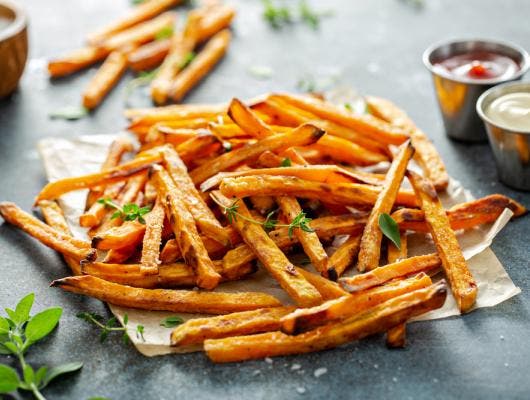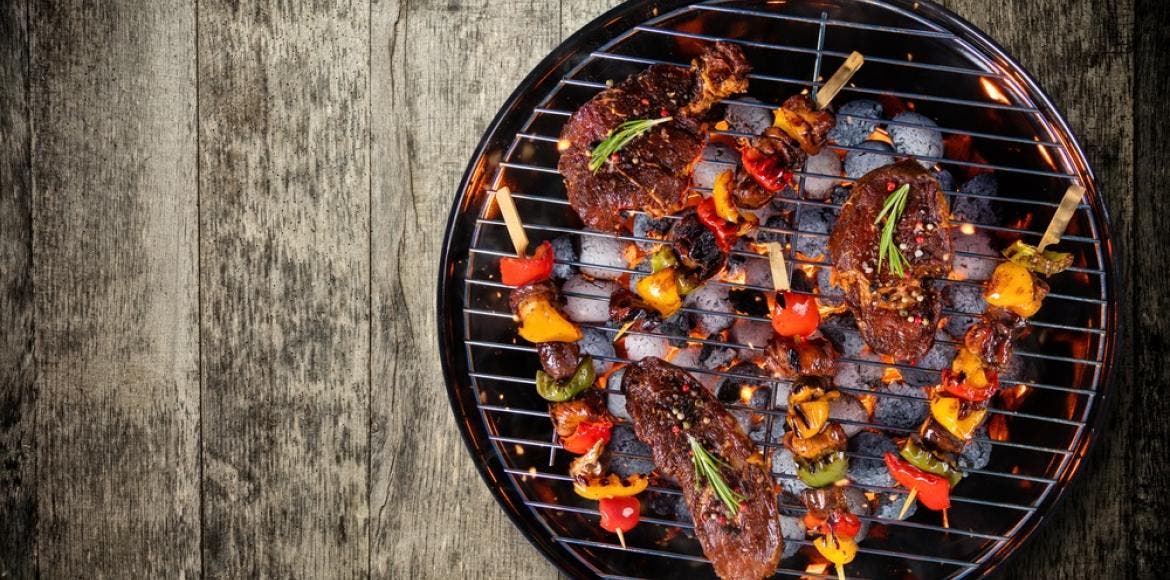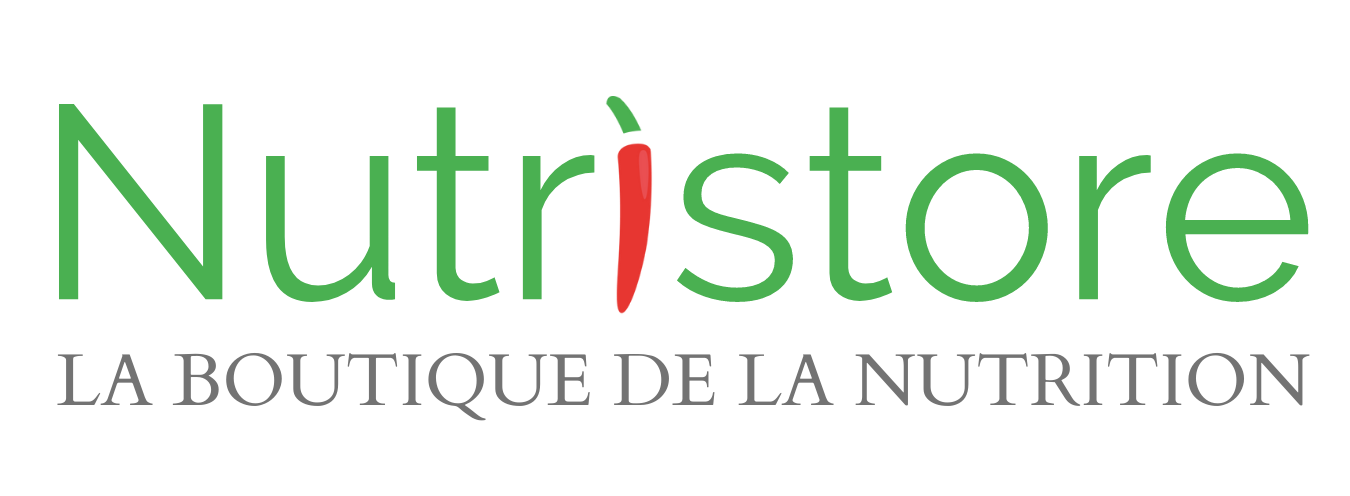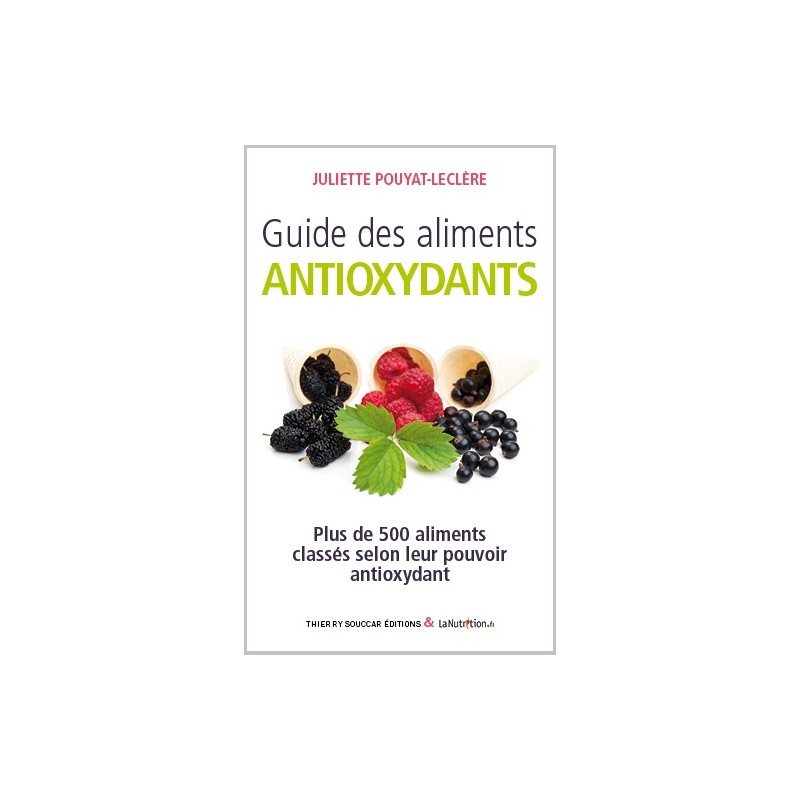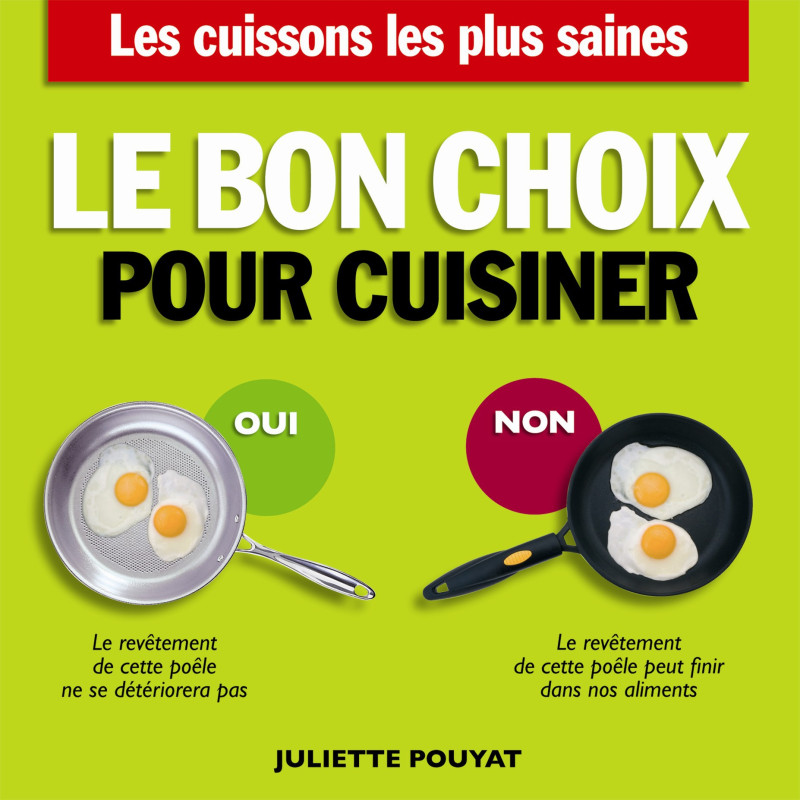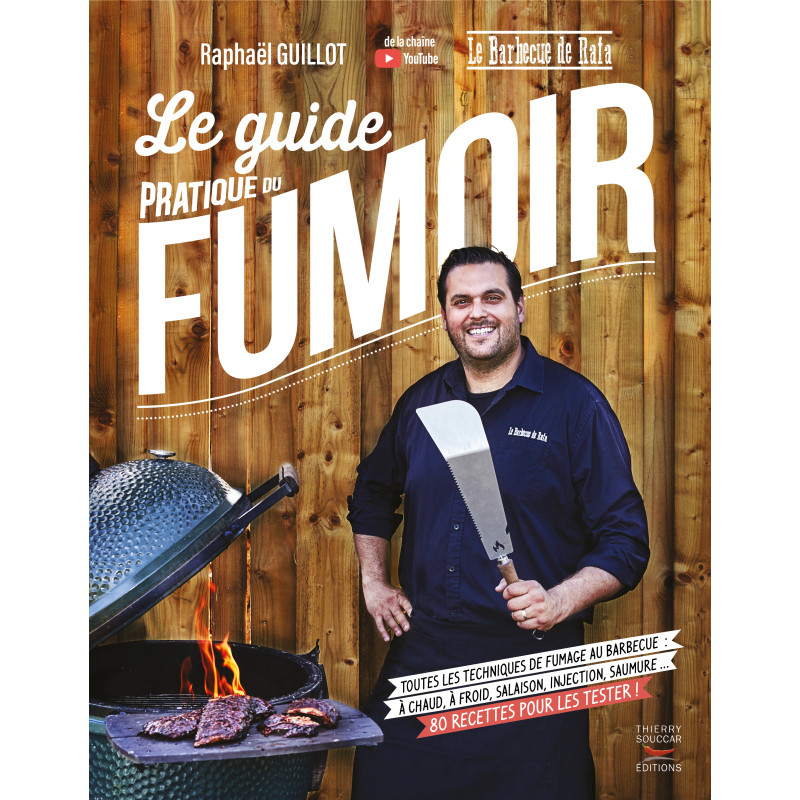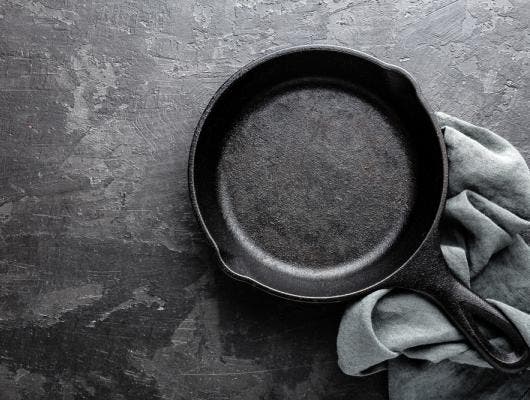Lorsque l’on souhaite manger sainement mais que l’on ne veut pas renoncer au plaisir des aliments croustillants, l’airfryer - la friteuse à air chaud - apparaît comme une bonne alternative pour préparer des frites avec un minimum de matières grasses. À LaNutrition, nous avons voulu savoir si les airfryers sont réellement plus sains qu’une friteuse. On vous explique tout.
